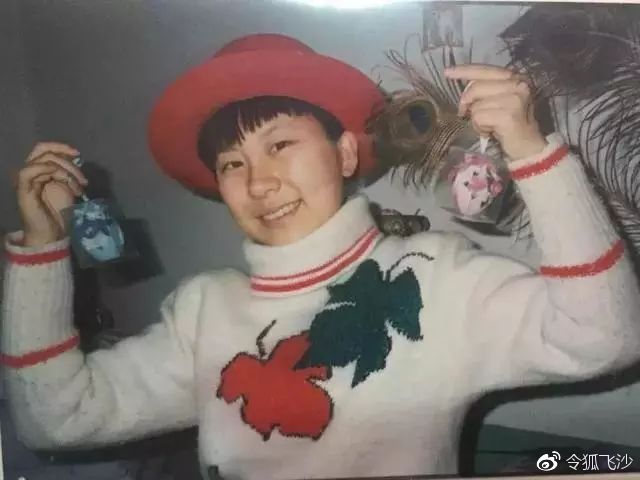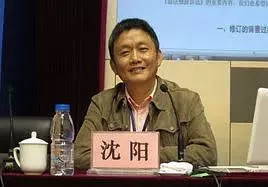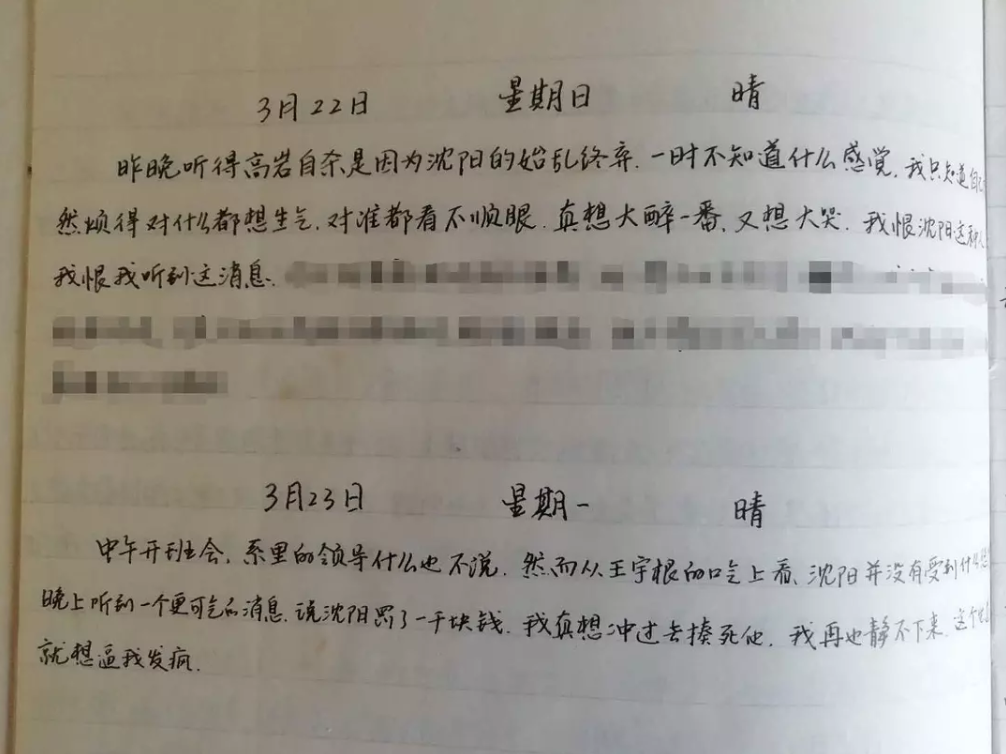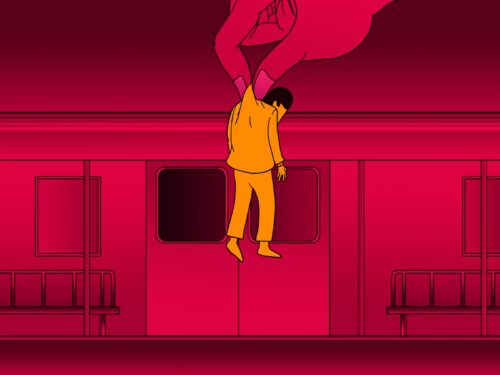Nanjing University professor suspended over sexual misconduct 20 years after his student’s suicide
Nanjing University professor suspended over sexual misconduct 20 years after his student’s suicide


Shen Yang 沈阳, a Nanjing University literature professor, has been accused of sexual misconduct dating back to the 1990s. One victim, Gao Yan 高岩, studied under Shen at Peking University (PKU); her friends say she was driven to suicide after he sexually harassed and raped her.
Her suicide and the accusations of sexual harassment received no publicity 20 years ago, but a recent article (in Chinese) published on April 5 by Li Youyou 李悠悠, a PKU alumna and a friend of Gao’s, has put Shen’s past in the spotlight. Titled “To former PKU professor Shen Yang, does Gao Yan’s death really have nothing to do with you?,” the article argues that Gao, then 19, fell victim to Shen’s constant harassment in 1996. Shen, then 40, would invite Gao to his place for “academic discussions” and then make unwanted sexual advances.

Shen Yang
According to Li, Shen raped Gao on multiple occasions. In the meantime, Shen was dating and having sexual relationships with other students. He told them that Gao had seduced him, and she became a student of ill repute. Tortured by Shen’s abuse and hounded by rumors on campus, Gao took her own life in March 1998.
An old document noting the results of PKU’s investigation into Gao’s suicide (in Chinese) is circulating online. The document says the school found that Shen was not responsible for Gao’s death, stating that Shen was forced to engage in intimate interactions with Gao, including kissing and cuddling, because of the student’s “mental issues.” Shen received no harsher punishment than a verbal warning and continued to teach at PKU.

In the years following Gao’s death, Shen never shied away from addressing the issue, insisting that he was innocent and a victim of Gao’s “mental disorders.” In an essay (in Chinese) written by Shen at the age of 60, he referred to the incident as one of the low points of his career. “The only regret I have is that if I had provided some sort of assistance to the girl, maybe the tragedy would have been prevented,” Shen wrote.
After Li’s article went viral on the internet, Shen, in an interview with the Beijing News on April 5, denied (in Chinese) the accusations of sexual misconduct, saying that the charges made against him were “malicious rumors.” Yet Nanjing University announced (in Chinese) on April 8 that it would suspend Shen and suggest that he resign from the school. In addition, Shanghai Normal University, where Shen was employed on a part-time basis, issued a statement on April 7 saying that it had terminated Shen’s contract due to a “violation of teaching ethics.”

Gao’s parents at her grave
On the afternoon of April 7, Shen responded (in Chinese) to an interview request by China Newsweek with a text saying: “These three universities are all accusing me of violating teaching ethics. But I want to ask where is the evidence, which official decision led them to this conclusion, what facts support this conclusion, are they merely influenced by rumors or some answers given by an individual in an interview? This is so pathetic!”
The interview that Shen is referring to is one with Fei Zhengang 费振刚, former dean of PKU’s school of Chinese language and literature, after the news broke. In the interview (in Chinese), Fei directed reporters to original meeting memos taken during PKU’s investigation, adding that it’s equally important to listen to what Gao’s old classmates said online. When asked how much he knew about Shen, the 83-year-old scholar replied, “As an old man, I have my own judgments about this case. Shen was a young man back then, but in terms of teaching ethics, he had some problems.”
While Shen continues to proclaim his innocence, more and more evidence is emerging. In a diary reportedly written by an old classmate of Gao’s and circulating online (in Chinese), the student detailed his struggles to grapple with Gao’s sudden death. “We had a class meeting this afternoon and leaders in the department said nothing,” he wrote. “What made me really angry is that the only punishment that Shen received was a fine of 1,000 yuan. I really wanted to beat him to death. I couldn’t calm down. This world is driving me nuts.”

In a since-deleted article by financial magazine Caixin (see screenshot, in Chinese), Xu Hongyun 许红云, a graduate of Beijing Forestry University, said she was sexually harassed by Shen in 2006, which made her give up the idea of applying for a Ph.D. program at PKU and asking Shen to be her mentor. Meanwhile, according to Gao’s old friend Li Youyou (in Chinese), four more victims of Shen’s sexual misconduct have approached her, hoping to bring the long-term predator to justice.
Deng Yuhao 邓宇昊, a current student at PKU, penned an open letter (in Chinese) last week calling on his fellow students and PKU professors to collectively demand transparency of information regarding Gao’s case. Soon after the letter started to attract attention on the school’s internal online groups and social media, Deng was ordered to meet some teachers at midnight on April 7, according to a post in which a friend of Deng’s detailed (in Chinese) the confrontation they had with school authorities.
In what the student described as a “negotiation” that lasted for about four hours, the group of around 30 students pressured the teachers to explain the cause of the meeting. At one point during the talk, the students were told by a teacher, “Is it necessary for us to keep so many students posted on every aspect of our jobs? On this specific matter, I don’t think I need to give any explanation to you. If you want Yuhao to continue talking to us, please leave. If you’re here to take him away from us, you can get out immediately.”
The students returned to their dorms at around 4 a.m. There have been no further announcements from the PKU authorities.






